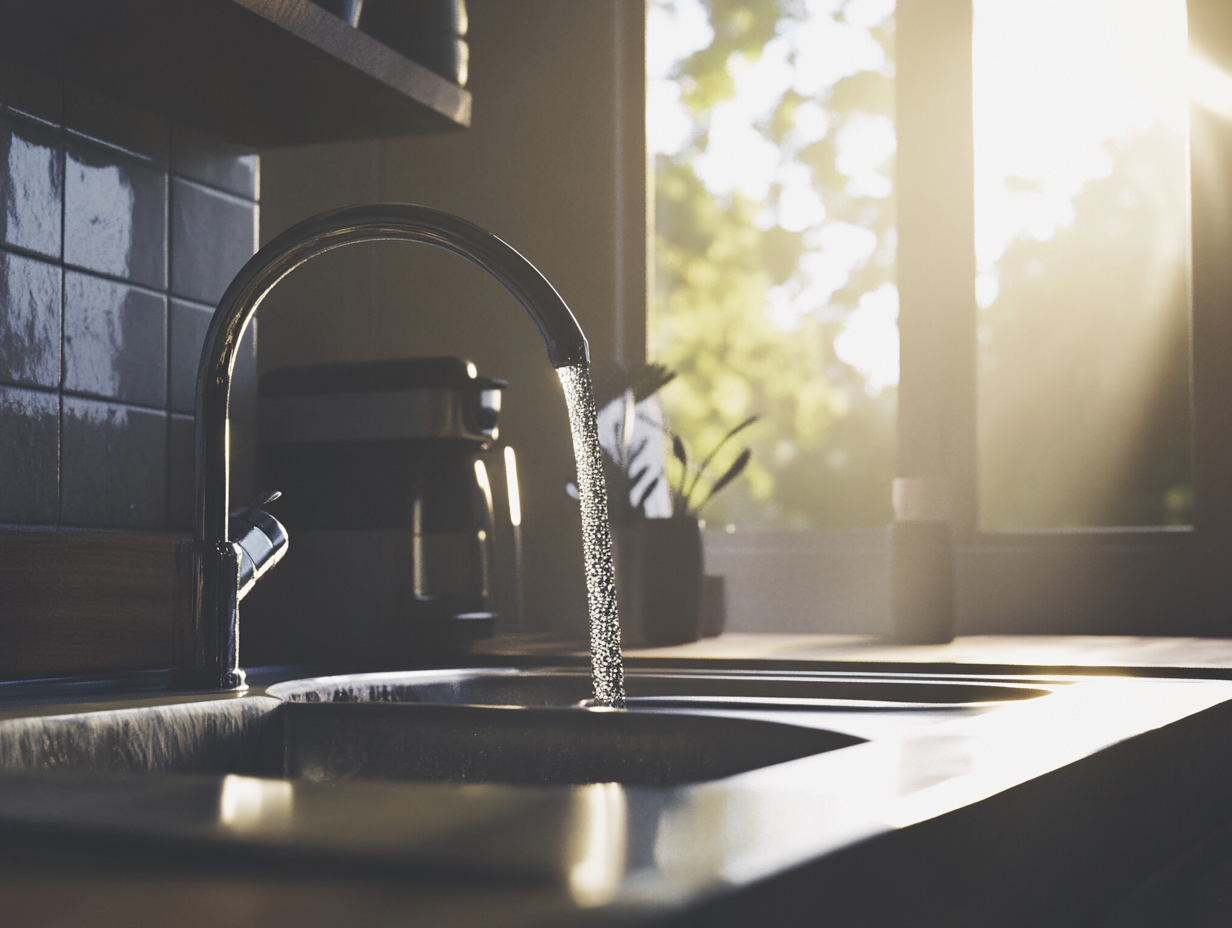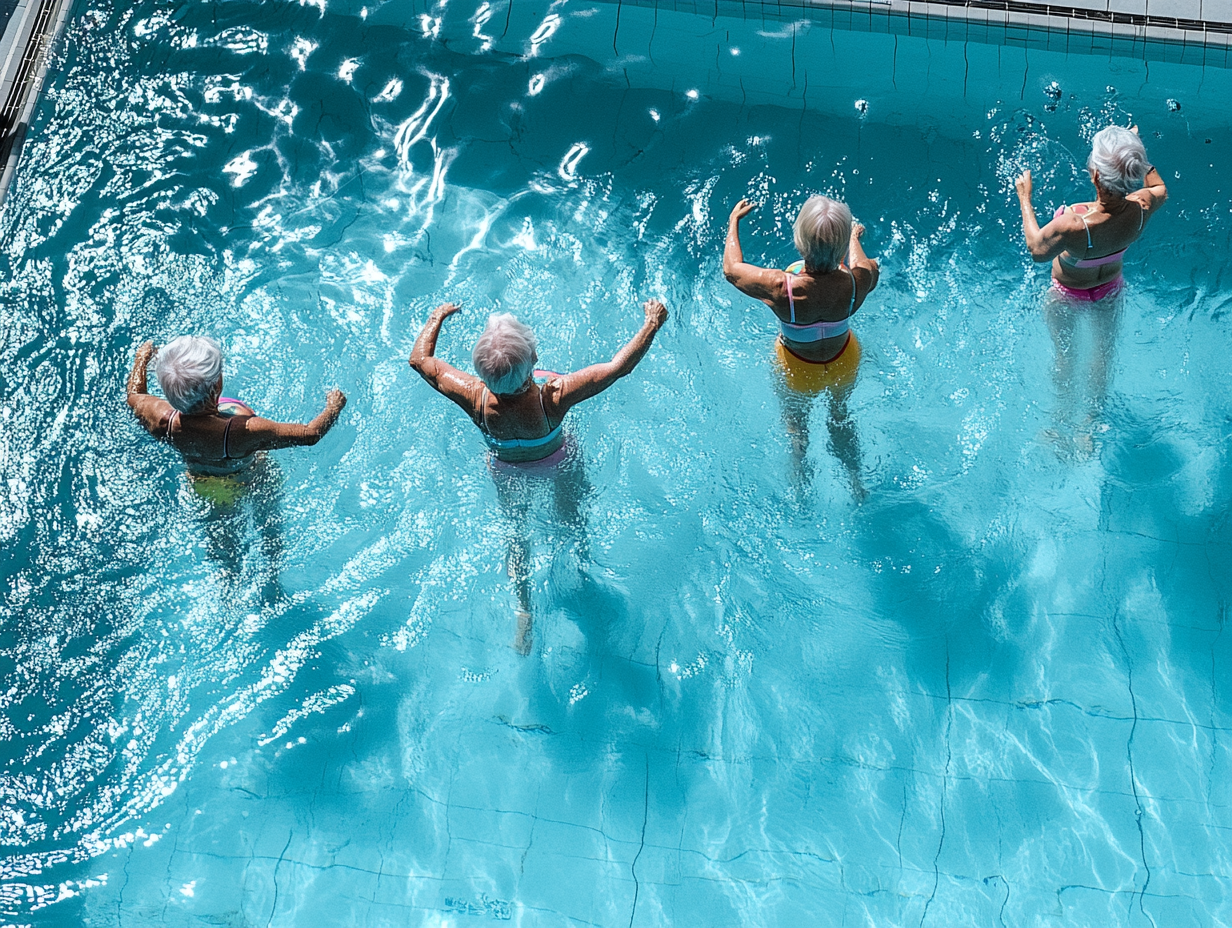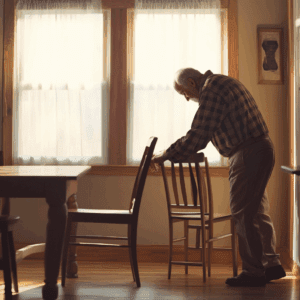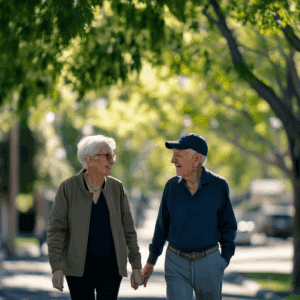Staying hydrated is essential at every age - but for older adults, it’s absolutely critical. As we age, our bodies become less efficient at conserving water, our sense of thirst decreases, and common medications or health conditions can increase the risk of dehydration.
Yet hydration is often overlooked - especially for seniors living alone or managing cognitive decline.
In this article, we explore why water matters more as we age, how to spot dehydration early, and how tools like Elli Cares can help keep hydration on track day to day.
Why Older Adults Are at Higher Risk of Dehydration
Older adults are more vulnerable to dehydration due to a mix of physical and cognitive factors:
- Reduced thirst signals – Seniors may not feel thirsty, even when their body needs fluids
- Kidney changes – Aging kidneys are less efficient at conserving water
- Mobility issues – Some avoid drinking to reduce bathroom trips
- Cognitive decline – Forgetting to drink, especially when living alone
- Medications – Diuretics, laxatives, or blood pressure meds can increase fluid loss
- Illness – Fevers, diarrhea, and infections (especially UTIs) can deplete hydration quickly
👉 Related reading: What Causes Sudden Confusion in Seniors - and What to Do About It
Signs of Dehydration in Older Adults
Dehydration can sneak up quietly - but early detection is key. Watch for:
- Dry mouth or cracked lips
- Headaches
- Fatigue or drowsiness
- Confusion or irritability
- Dizziness when standing
- Dark yellow urine or decreased urination
- Constipation
Left untreated, dehydration can lead to urinary tract infections, kidney issues, falls, and even hospitalization.
👉Take a look at WebMD's article on What to Know About Dehydration in Older Adults
How Much Water Do Seniors Need?
While exact needs vary, most older adults should aim for about 6 to 8 cups (1.5–2 liters) of fluid per day - unless otherwise advised by a healthcare provider.
That includes:
- Water
- Herbal teas
- Broth-based soups
- Milk or non-caffeinated beverages
- Water-rich foods like cucumber, watermelon, and soup
Note: Coffee, alcohol, and sugary drinks don’t count - they can actually increase dehydration.
👉 Related blog: Nutrition Tips for Older Adults Living Alone
Tips to Encourage Better Hydration
1. Use Visual Cues
Keep a water bottle on the table or next to your favorite chair. If it's visible, you're more likely to sip.
2. Add Flavor
Try slices of lemon, cucumber, or berries to make water more appealing.
3. Set Reminders
Use alarms, notes, or apps to nudge hydration throughout the day - especially for those with memory challenges.
4. Pair With Routines
Drink water with each meal or medication. Over time, this becomes a healthy habit.
How Elli Cares Helps Support Hydration
Elli Cares is designed to support daily routines that matter - including hydration. With Elli, you can:
- Set gentle hydration reminders throughout the day
- Record fluid intake in the daily activity log
- Send video reminders from family members (“Don’t forget your glass of water, Mum!”)
- Track patterns - if hydration drops, families can be alerted and step in
These small, consistent prompts can prevent serious health issues - and help seniors maintain energy, clarity, and wellbeing.
Final Thoughts
Hydration is one of the simplest yet most powerful ways to support senior health. It affects everything from energy and memory to fall risk and mood. But with age, staying hydrated takes intention - and a little support.
At Elli Cares, we make that easier. Whether it’s a friendly reminder, a family nudge, or a tracked routine, we’re here to help older adults live healthier, more independent lives - one glass of water at a time.
👉 Learn more at www.elliapp.co








